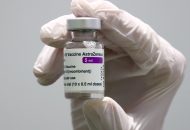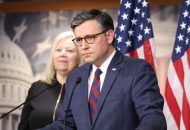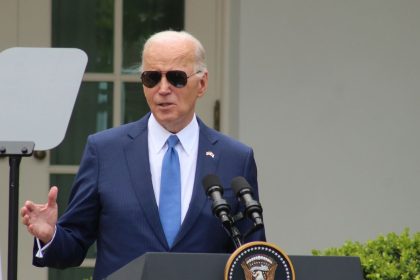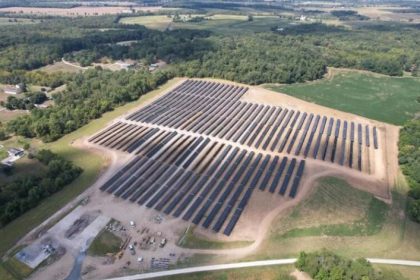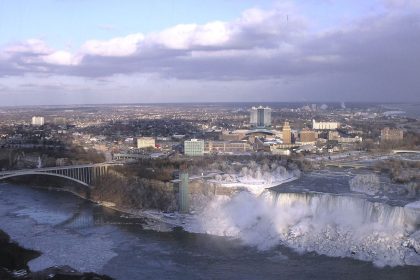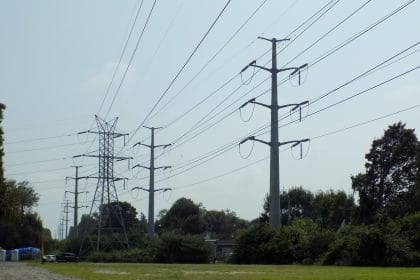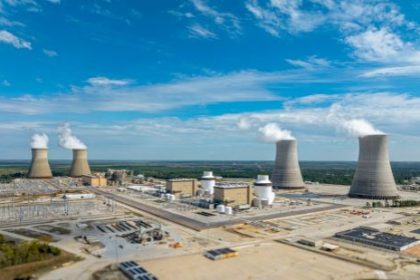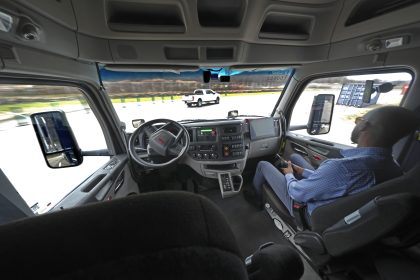Bills Planned for Vote in Congress to Expand Use of Nuclear Energy

WASHINGTON – The U.S. House and Senate considered proposals Tuesday that would expand production of nuclear energy at a time global warming is leaving few alternatives.
Lawmakers, scheduled to vote as soon as this week on one of the bills, made clear they don’t want to deal with the health and safety risks of nuclear energy.
However, as the world emerges from one of the warmest winters on record and more expected in coming years, they say they can no longer delay weaning the U.S. off fossil fuels.
New technologies have made nuclear energy safer and more efficient, according to congressmen and witnesses at a hearing of the House Energy and Commerce Committee.
“Global energy demand is predicted to grow by at least 30 percent by 2035,” U.S. Rep. Frank Pallone Jr., the committee chairman, wrote in a memo accompanying the hearing. “Currently, 81 percent of the world’s energy and two-thirds of the world’s electricity comes from fossil fuels.”
Nuclear energy produces no greenhouse gases, which creates “the potential to decarbonize the power sector more affordably,” wrote Pallone, a New Jersey Democrat.
Expert witnesses at the hearing said the latest technology for nuclear reactors has significantly reduced hazards that created disastrous meltdowns at Chernobyl in Russia in 1986 and Fukushima in Japan in 2011.
“The question of nuclear safety and the risk of potential radiation releases will likely remain highly controversial,” Armond Cohen, executive director of the Clean Air Task Force, said in his testimony.
Renewable energies like solar, wind and geothermal are making steady progress to replace polluting fossil fuels, he said.
“And finally, we have America’s largest zero carbon source of electricity, nuclear energy, providing 20 percent of total power consumption,” he said. “The question for this hearing is whether nuclear energy can play a significant role in a future zero carbon economy. The evidence suggests it can, but there are many challenges to address, just as there are with all other zero carbon energy sources.”
Existing U.S. nuclear power plants use reactors cooled by ordinary water, similar to the kind linked to previous disasters, according to background information from the House Energy and Commerce Committee. Nuclear power reactor designers are developing reactors cooled by other chemicals, such as liquid metal and molten salt, that reduce meltdown risks and leave less radioactive waste.
They also are developing small modular reactors cooled by water that present a minimal risk of meltdown. They could be built quickly at relatively low cost in factories, then moved underground or to sites that now lack access to nuclear energy.
Proposals to expand development of the latest nuclear energy reactors are contained in pending House and Senate bills.
A leading bill is the American Energy Innovation Act, S. 2657, which is being debated in the Senate this week. Proposals in the House are similar.
Both the House and Senate bills seek to boost energy efficiency through energy storage, advanced nuclear systems and carbon capture. They also promote emission reductions for transportation vehicles and industrial sites.
The Trump administration has indicated the president would sign the legislation if it passes while still embodying his goals of using more nuclear energy for the nation’s electrical grid.
The move this week in Congress to expand nuclear energy production follows a new scientific study published in the journal Nature that shows oil and gas production is contributing more to global warming than previously believed.
The study showed that methane is produced at a rate 25 percent to 40 percent higher during oil and gas production than demonstrated by previous research. Methane is the second in amount to carbon dioxide emissions as a greenhouse gas but retains more heat from the sun.










